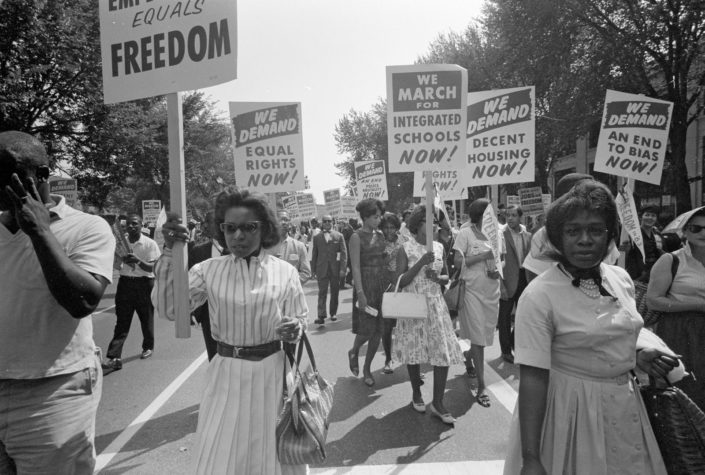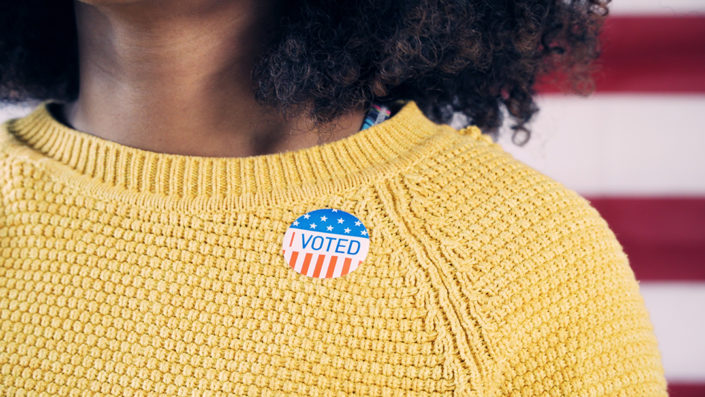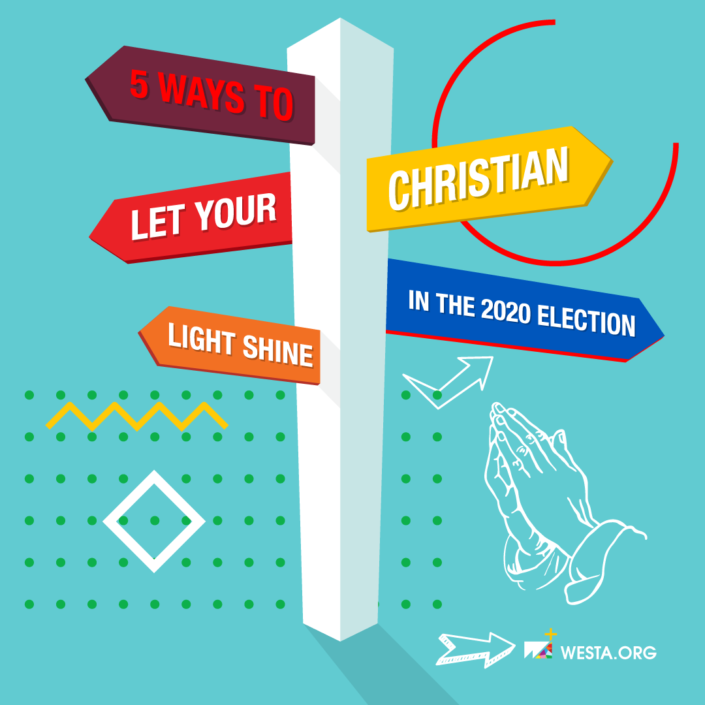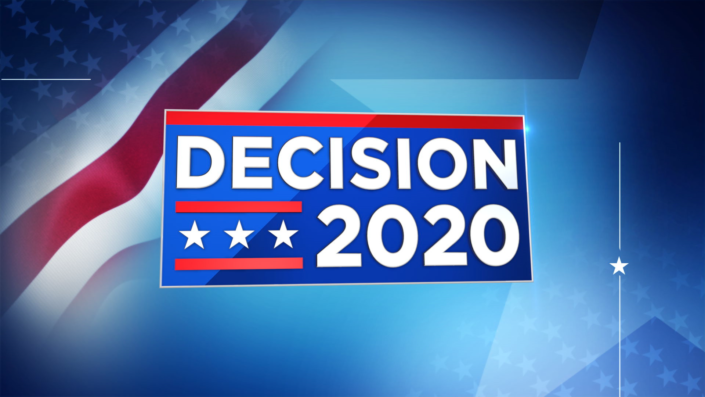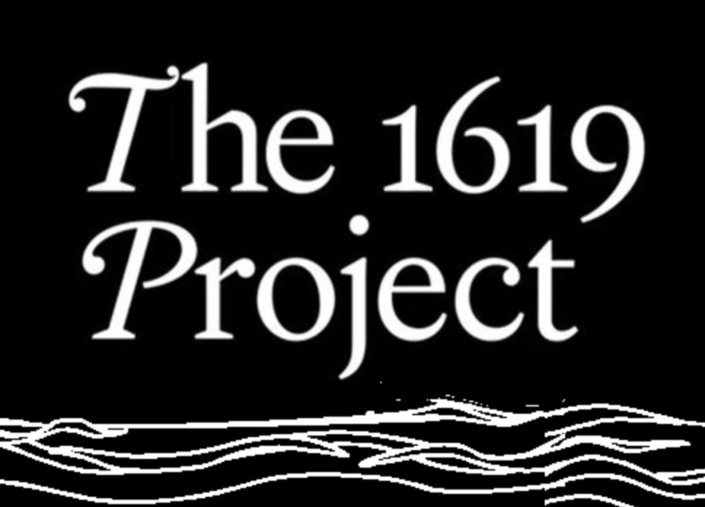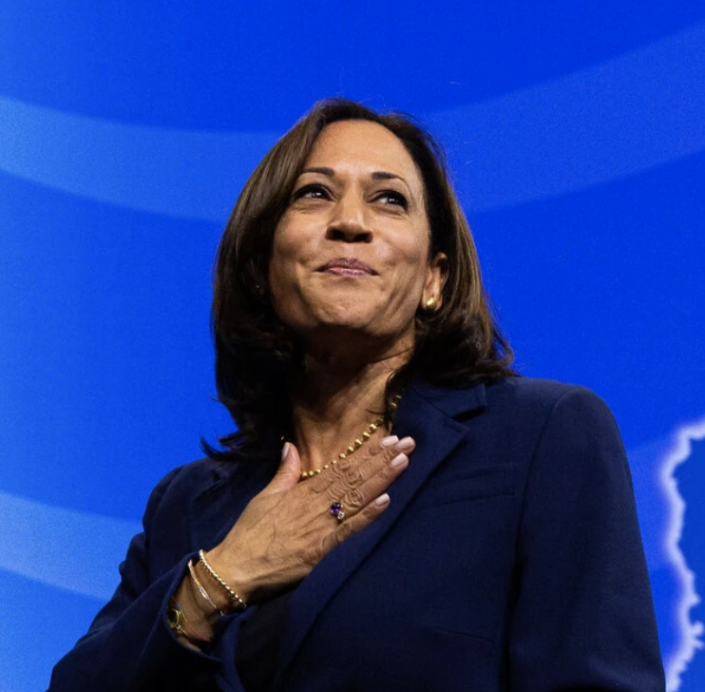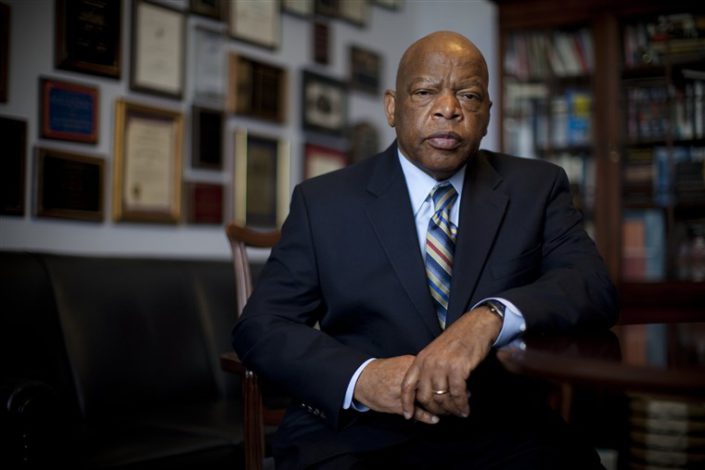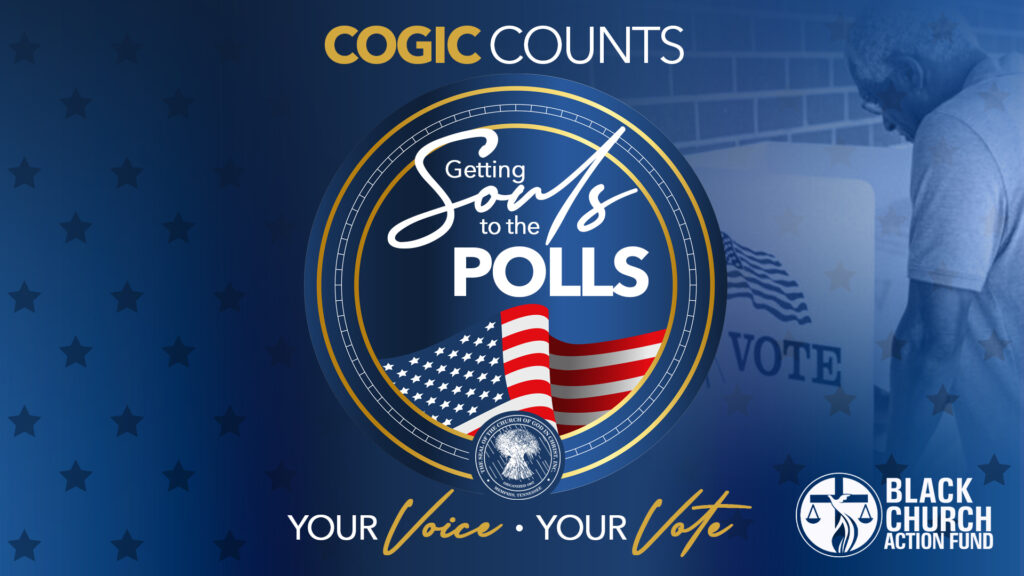
Bishop Blake is Getting Souls to the Polls
The 2020 Presidential Election is officially 22 days away, but voting has already begun.
And Bishop Charles E. Blake Sr. has a goal for the Church of God in Christ: get 250,000 souls to the polls.
“It goes without saying that we are living in unprecedented times,” Bishop said. “We are in the middle of a global health crisis, the threat of economic collapse due to unemployment, the failure of small businesses, and escalating racial tensions. The people of God must take action.”
Getting Souls to the Polls is COGIC’s latest initiative to let our voices be heard and have an affect on the upcoming election, which will define a nation in turmoil for years to come.
Bishop leaned on Black history in America in imploring Christian souls to get to the polls on Nov. 3 or before, via absentee ballots or mail-in ballots.
“We have fought for and secured the right to vote and let our voices be heard. Therefore, I’m urging the Churches of God in Christ to let their voices be heard and votes be counted. There’s too much at stake in our nation and for us as people for us not to make an impact in this year’s election.”
Technically, the right to vote for Black people in America was granted with the 14th and 15th Amendments.
The 14th Amendment, approved by Congress in 1866 and ratified in 1868, granted citizenship to all persons “born or naturalized in the United States,” including former slaves, and guaranteed “equal protection of the laws” to all citizens. In 1870, Congress passed the last of the three so-called Reconstruction Amendments, the 15th Amendment, which stated that voting rights could not be “denied or abridged by the United States or by any state on account of race, color, or previous condition of servitude. – History.com
However, those two Amendments did little in the way of earning Black people all-access rights to vote in America. Jim Crows laws, specifically in the South, allowed state legislatures to manipulate laws in an effort to oppress the Black vote for decades to come.
It wasn’t until the 1950s and 60s, when the civil rights movement came to prominence, that the right to vote for Black people became a key issue in the United States.
The brutal attacks by state and local law enforcement on hundreds of peaceful marchers led by Martin Luther King, Jr. and other civil rights activists in Selma, Alabama in March 1965 drew unprecedented attention to the movement for voting rights. Later that year, President Lyndon Johnson signed into law the Voting Rights Act, which banned literacy tests and other methods used to disenfranchise Black voters. In 1966, the U.S. Supreme Court ruled in Harper v. Virginia Board of Elections that poll taxes (which the 24th Amendment had eliminated for federal elections in 1964) were unconstitutional for state and local elections as well. – History.c0m
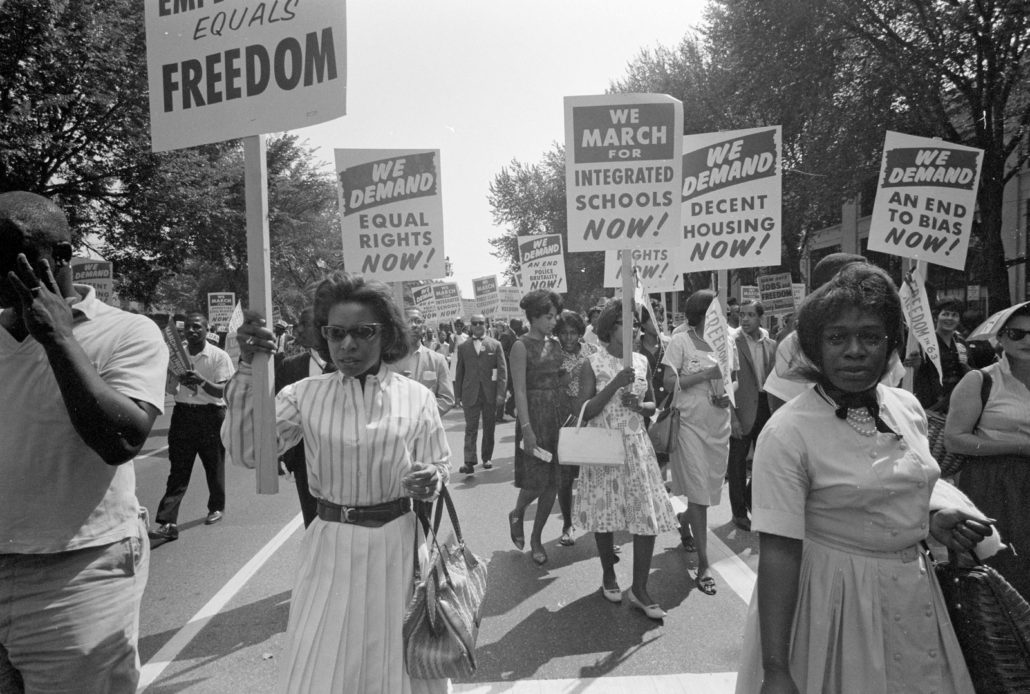
Today, voter suppression is still of great concern across the country, specifically in low-income communities, but never before in American history has the Black vote been more powerful than it is today, which is why it is imperative that Black people get out and vote.
“We as a people have fought for and secured the right to let our voices be heard through the election process. There is too much at stake in our nation and for us as a people to not to make an impact in this year’s election.” – Bishop Blake
Click below to visit Rocs.Online/COGIC for more information on how to register and vote today!
West Angeles is a City-Wide Voting Center for the 2020 Election
If you are in the Los Angeles area, please see the schedule below!


